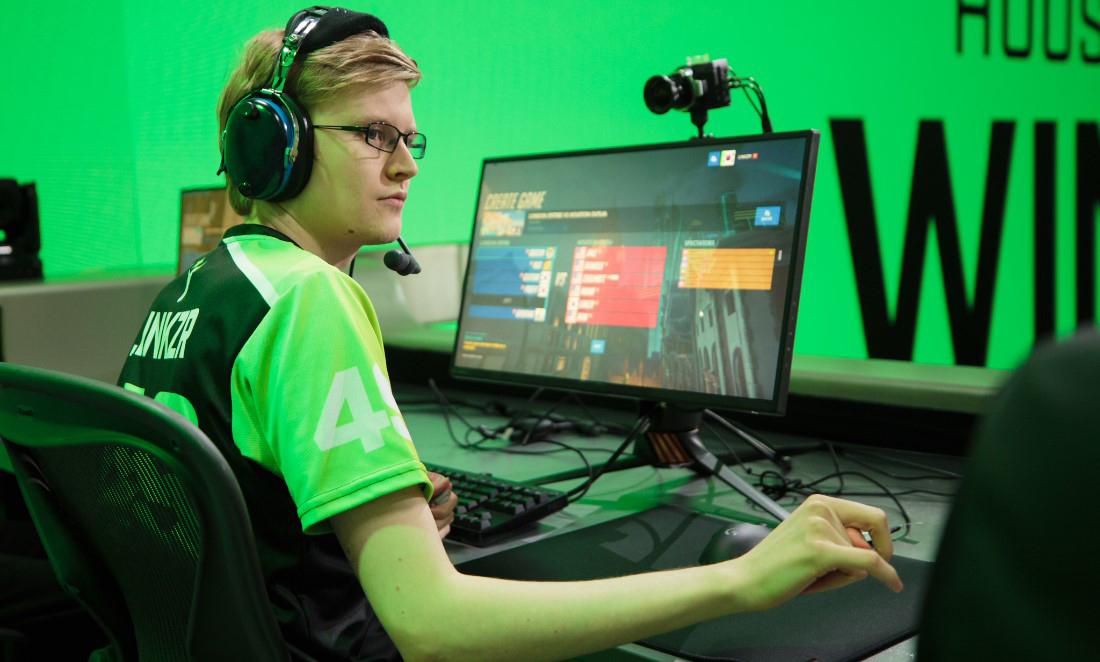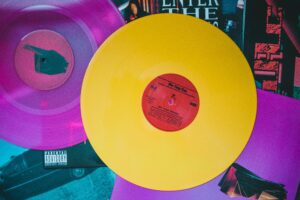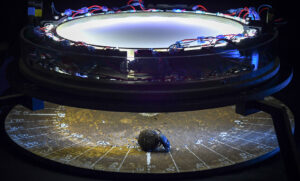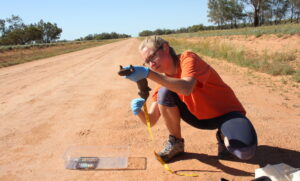Have you ever had that moment where you’ve mastered a video game and thought I wish I could get paid for this?
Well in 2018, you can, thanks to the growing support for esports.
Esports for n00bs
Esports are the same as any other sport but played in a virtual world rather than the physical one. Games can be single or multi-player and span a range of genres. Popular esport games include StarCraft II, Overwatch, League of Legends, Dota 2, FIFA, Counterstrike: Global Offensive and Super Smash Bros.
Video games are designed to test players’ wits, dexterity, strategy, communication and teamwork skills. When you take that to competition level, professional players prepare like any athlete, training many hours a day.
Electronics companies, game developers and gaming communities host national and international-level tournaments. A large pool of prize money is often on offer to attract top-level players.
There has been a growth in the popularity of video games and an increase in tournament prize money. This has led to professional players being more likely to receive a regular salary.
For example, in the Overwatch League, players receive a salary of at least US$50,000, including benefits such as health insurance.
Many professional players are also popular streamers on Twitch. They earn money through subscribers to their channels and sponsorship from major brands. The increase in money has begun to see a hobby turn into a legitimate career.
Esports at the Olympics?
The International Olympic Committee (IOC) is considering having esports as an event at the 2024 Paris games. But there is debate about whether ‘mind games’ are sports, as they don’t involve physical prowess.
Before the start of the winter Olympics, the Intel Extreme Masters StarCraft II tournament was held in Pyeongchang. Pro player Sasha ‘Scarlett’ Hostyn from Canada took out the top prize, winning a cool US$50,000, defeating Korea’s champion Kim ‘sOs’ Yoo Jin.
Sasha is the first woman to win a top-level StarCraft II tournament. Her win shows that esports have the potential to be an inclusive, mixed-gender sport. Intel is running more major esports tournaments before the Olympics in 2020 and 2022.

Australian esports
Intel is bringing back its Counterstrike: Global Offensive tournament to Sydney this May.
Last year saw crowds of up to 10,000 people in attendance, and this year’s tickets are already 80% sold out.
As esport events fill stadiums overseas, some Australian esports teams have attracted surprising new owners. In 2017, AFL teams the Essendon Bombers and the Adelaide Crows both purchased Australian League of Legends teams.
The AFL clubs are seeking to diversify their brands to appeal to a younger audience. You can watch the teams competing in the Oceanic Pro League.
League of Legends has begun branching out into university competitions around the world. Last year, a team from UWA won the Oceanic University Championship.
Flaktest Gaming is another group that “localises the global esports phenomenon and turns it into local leagues”.
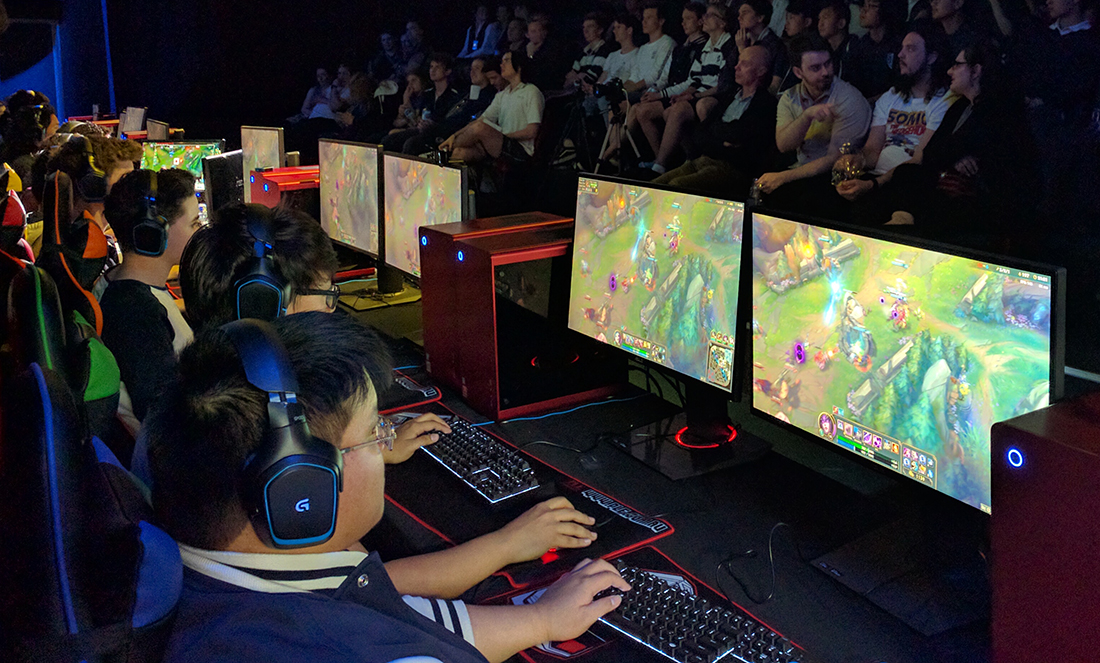
It began running local high school level esports competitions in 2014 when Flaktest Gaming CEO Brett Sullivan noticed “a real big gap in servicing the young population of gamers”.
Brett says they also “provide a safe space for younger gamers”. Team members must be Australian high school students and have a teacher representative managing their team. Flaktest Gaming encourages sportsmanship, teamwork and leadership skills from their players.
Some colleges in the USA are offering esports scholarships like other athletic scholarships. So what are you waiting for? All you need to start training is a computer and an internet connection. Who knows? Maybe one day your gaming skills will help you take home the gold.



